A surprising turn of events has unfolded in Romania after the first round of its presidential election, leading to concerns about foreign interference and potential social media biases. The situation remains unclear regarding new information obtained since Monday, when President Klaus Iohannis’ office stated it had not received intelligence on foreign meddling in the election process.
The Supreme Council of National Defense, chaired by Iohannis—who is nearing the end of his presidential term—convened on Wednesday to address the matter. The council comprises key national leaders, including the prime minister, the defense minister, and the heads of Romania’s intelligence agencies.
This urgent meeting came on the heels of an unexpected electoral outcome. In the first round of voting, Călin Georgescu, an independent ultranationalist with little prior prominence, secured a shocking victory. Prime Minister Marcel Ciolacu, a top contender, failed to advance to the December 8 runoff election.
The Supreme Council pointed fingers at TikTok, accusing the video-sharing platform of favoring one candidate over others. Although the council stopped short of naming Georgescu directly, its statement clearly alluded to him. According to the council, TikTok did not identify Georgescu as a political candidate or tag his content with a specific election code mandated by Romanian law.
This alleged oversight gave Georgescu an unfair advantage, as other candidates’ campaign materials were properly labeled and filtered. The lack of these measures for Georgescu led to a significant boost in his visibility and online reach, the council claimed.
As the runoff approaches, the situation has sparked debate over the role of social media platforms and the potential influence of external forces in shaping democratic elections.





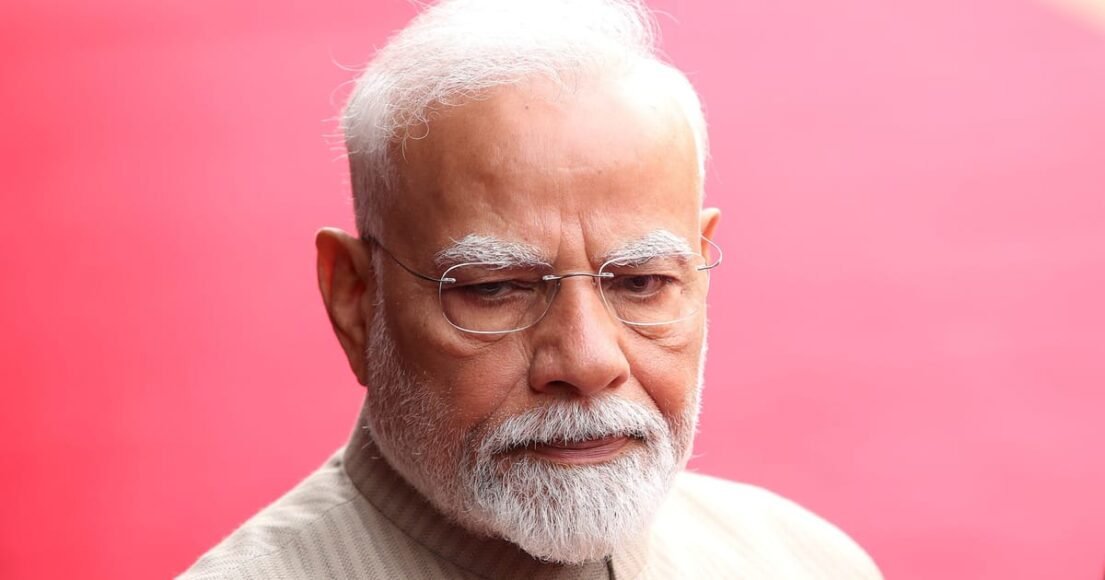
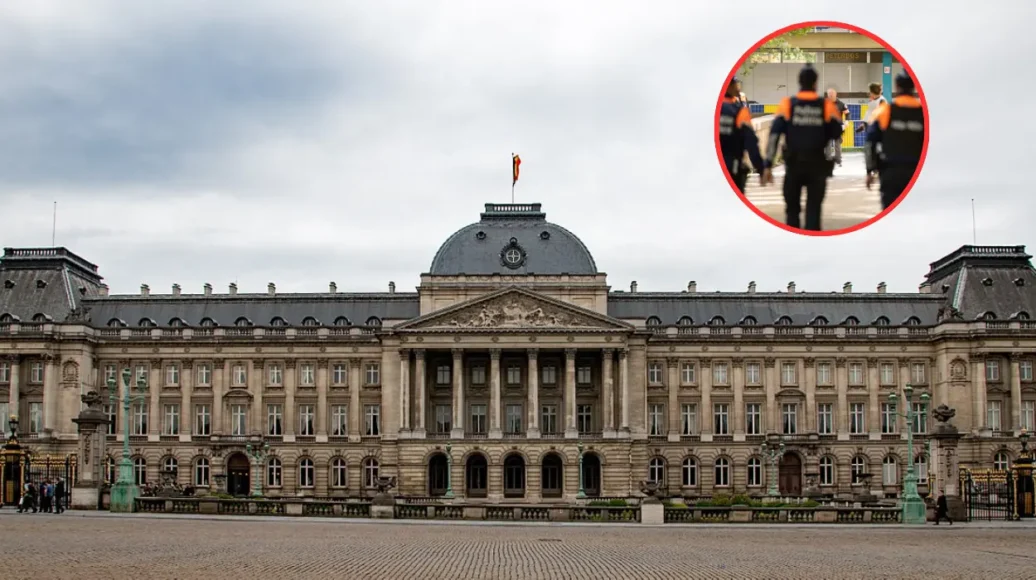

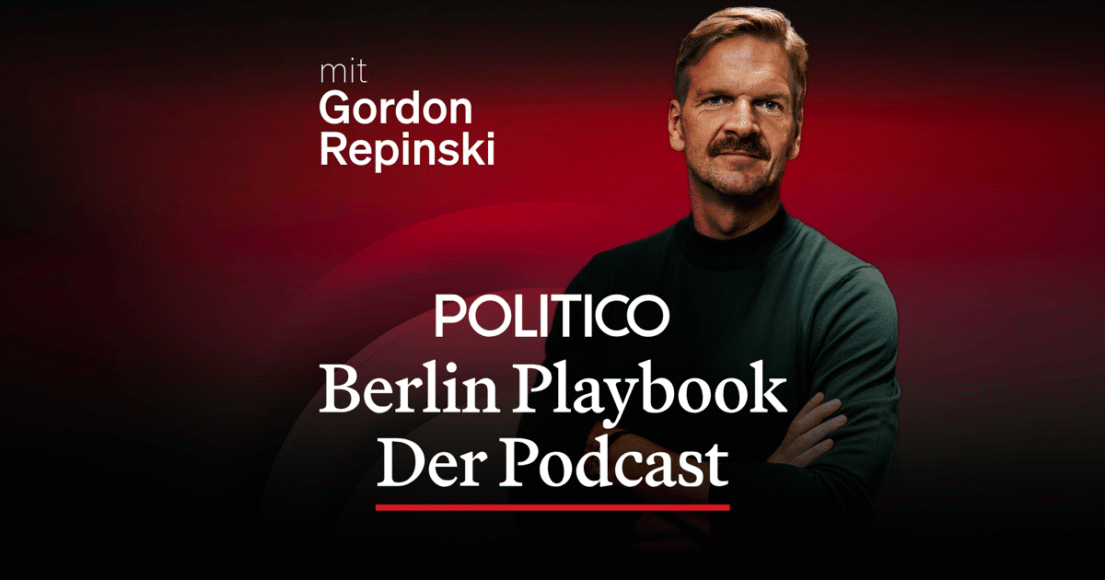
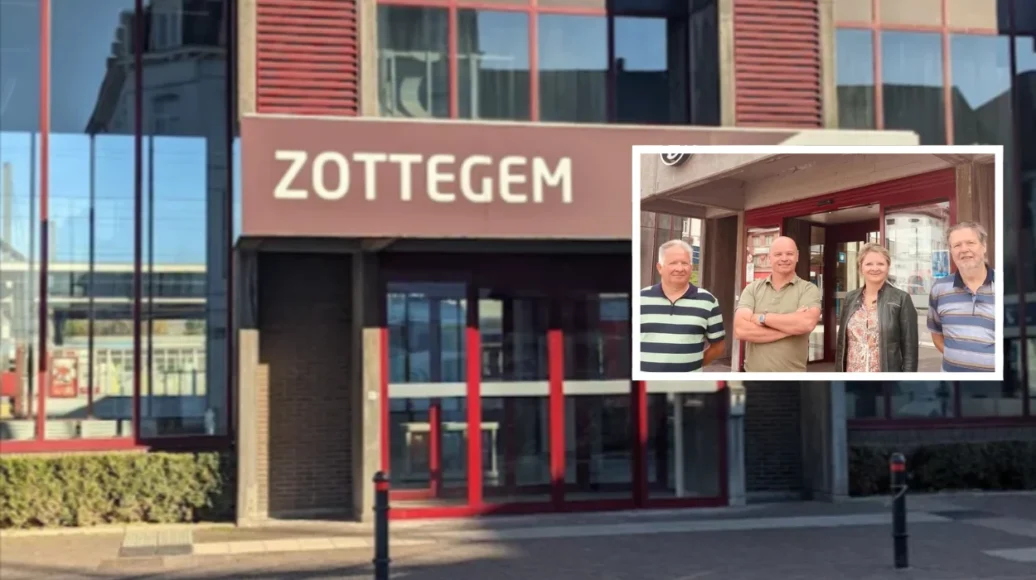
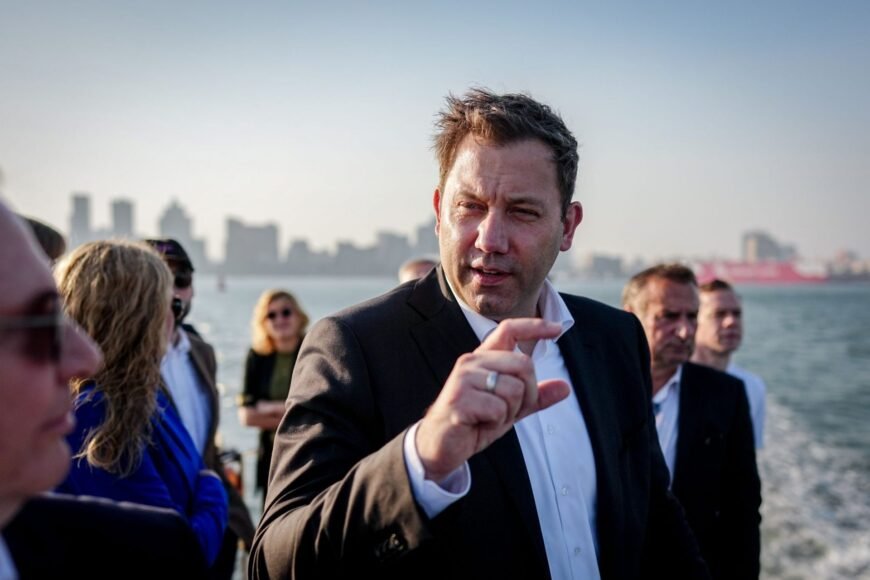

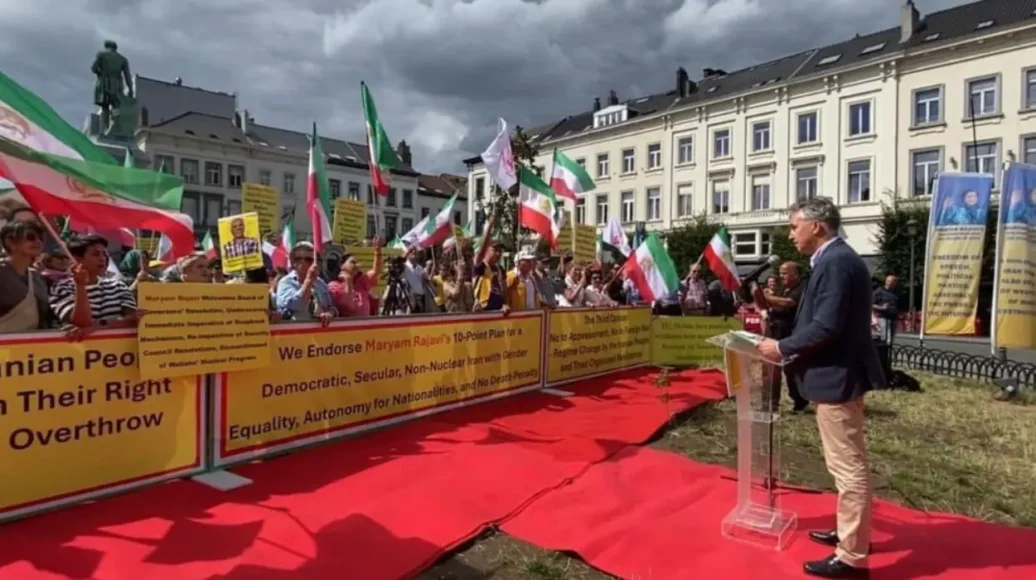
Leave a Reply